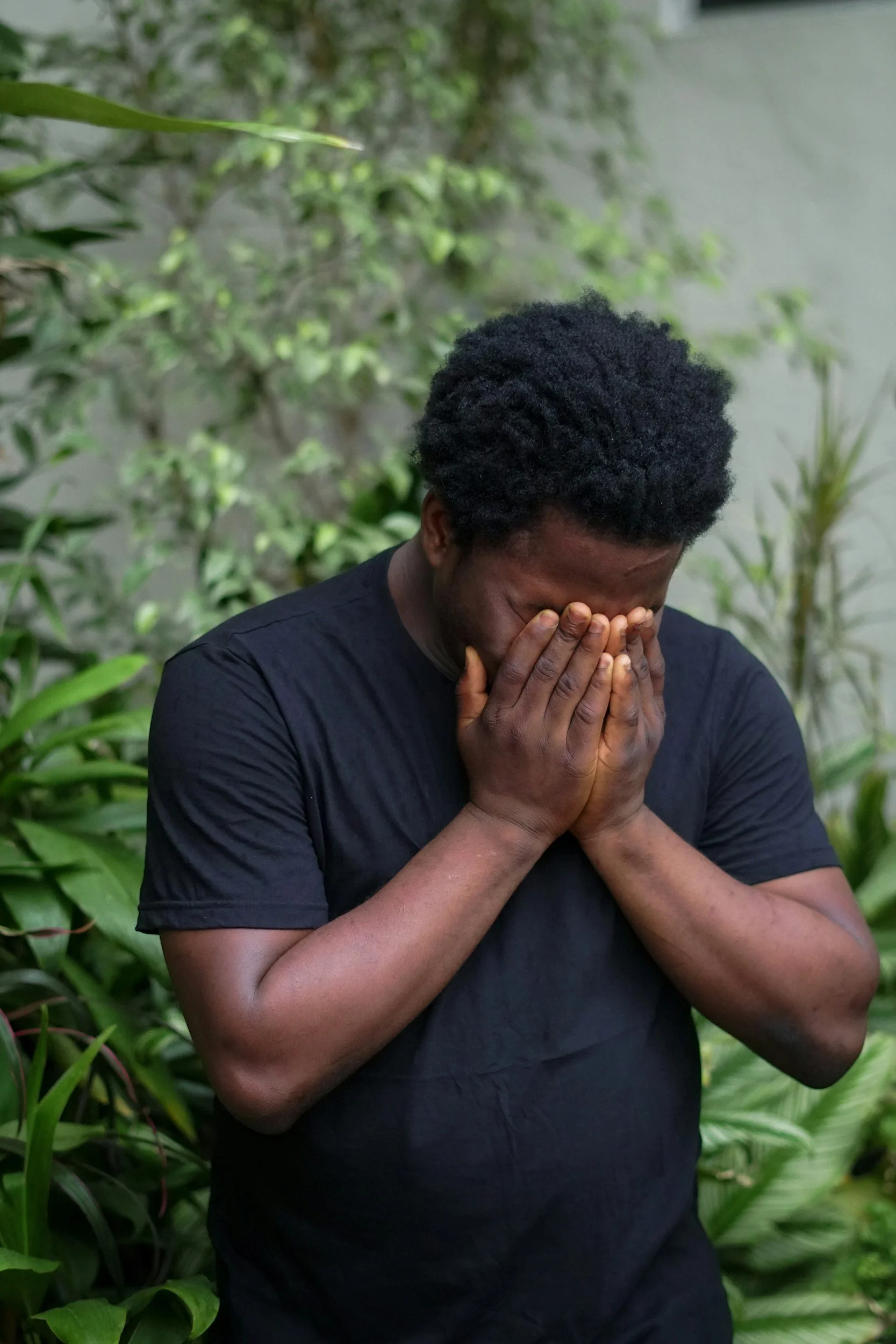Downtown Psychological Services PC, located in New York, offers support and cognitive therapy for individuals experiencing political anxiety and stress related to health, politics, and election cycles. Our NYC-based therapists provide expert mental health guidance, helping clients navigate the complexities of modern political stress and its impact on well-being. We specialize in therapeutic approaches that address anxiety in a safe, supportive environment. Our cognitive therapists can work with you on how to manage stress and mental health concerns linked to current events. Learn how we can help you regain control and improve your quality of life in New York.
Downtown Psychological Services, PC was recently featured in The New Yorker in an article focused on Political Anxiety.
In today's politically charged environment, many individuals experience heightened levels of stress and anxiety stemming from current events and societal changes. This emotional response, often referred to as political anxiety, can significantly impact mental well-being. Fortunately, New York City offers a diverse range of therapeutic options designed to help individuals navigate these challenges effectively.
Understanding Political Anxiety
Political anxiety refers to the feelings of unease and distress that arise from political events, decisions, or societal changes. Symptoms may include:
Increased stress levels
Difficulty concentrating on daily tasks
Sleep disturbances or insomnia
Feelings of helplessness or despair
Recognizing these symptoms is crucial for individuals seeking support, as it can pave the way for effective coping strategies and therapeutic interventions.
Effective Therapeutic Approaches
In NYC, various therapeutic modalities are available to address the unique challenges posed by anxiety related to political events. Here are some effective options:
Type of Therapy Description Benefits Cognitive Behavioral Therapy (CBT) This evidence-based approach focuses on identifying and altering negative thought patterns that contribute to anxiety. Equips individuals with practical coping strategies and reduces anxiety symptoms. Mindfulness-Based Therapy This method encourages individuals to remain present and engage with their thoughts and feelings without judgment. Enhances relaxation and reduces stress through mindfulness practices. Group Therapy Group sessions provide a supportive environment for individuals to share experiences and coping strategies. Fosters a sense of community and diminishes feelings of isolation.
Insights from A Mental Health Professional
Melissa Tihinen, LCSW, SEP, a licensed psychologist specializing in anxiety disorders, notes, “Political anxiety is a legitimate concern that many people face today. Individuals need to seek help and understand that they are not alone in their feelings.” Ms Tihinen emphasizes the value of finding a therapist attuned to the specific stressors associated with political events.
Choosing the Right Therapist
When searching for a mental health professional to address anxiety related to political events, consider the following tips:
Seek therapists who specialize in anxiety and stress management.
Review credentials and client testimonials to ensure a good fit.
Evaluate the therapist's approach to ensure it aligns with your personal needs.
In summary, political anxiety is a growing concern that affects many individuals, particularly in urban settings like New York City. By understanding the symptoms and exploring various therapeutic options, individuals can take proactive steps toward improving their mental health and well-being.
Pros and Cons of Different Therapeutic Approaches
When considering therapy for political anxiety, it's essential to weigh the benefits and drawbacks of various approaches. Below is a summary of the pros and cons of the most common therapeutic modalities:
Type of Therapy Pros Cons Cognitive Behavioral Therapy (CBT)
Evidence-based and widely researched
Helps identify and change negative thought patterns
Provides practical coping strategies
May require multiple sessions to see results
Can be challenging for those resistant to change
Mindfulness-Based Therapy
Promotes relaxation and stress reduction
Encourages self-awareness and emotional regulation
Can be practiced independently outside of sessions
May not address underlying cognitive distortions
Requires consistent practice for effectiveness
Group Therapy
Provides a sense of community and support
Allows sharing of diverse perspectives and experiences
Can be more cost-effective than individual therapy
May not provide personalized attention
Participants may feel uncomfortable sharing in a group setting
Key Considerations for Choosing Therapy
When selecting a therapeutic approach for managing political anxiety, consider the following factors:
Personal Preferences: Reflect on your comfort level with different therapy styles. Some individuals may prefer one-on-one sessions, while others may thrive in group settings.
Therapist Qualifications: Ensure that the therapist has the appropriate credentials and experience in treating anxiety disorders.
Accessibility: Consider the location of the therapist's office, availability of virtual sessions, and whether they accept your insurance.
Goals: Define what you hope to achieve through therapy, whether it's coping strategies, emotional support, or deeper psychological work.
Political anxiety is a significant concern for many individuals, particularly in a fast-paced urban environment like New York City. By understanding the symptoms, exploring various therapeutic options, and utilizing available resources, individuals can take proactive steps toward improving their mental health and overall well-being. Remember, seeking help is a sign of strength, and finding the right support can make a meaningful difference in managing anxiety.
Our Location:
Downtown Psychological Services, PC
352 7th Avenue, Suite 801
New York, NY 10001
646.588.5667
info@downtownpsychological.com
We also offer the following therapy:
Psychodynamic Therapy
Individual Therapy
Group Therapy
College Student Counseling
Marriage Counseling
Couples Therapy
CBT Therapy
Somatic Therapy
Trauma Therapy




